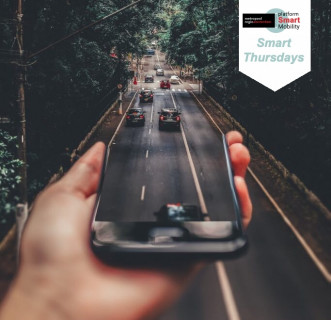Tot op heden wordt er relatief weinig aandacht besteedt aan parkeerbeleid als onderdeel van een integrale ontwikkeling om te komen tot duurzame verstedelijking. Parkeernormen sluiten nu vaak niet aan bij de wensen en behoeften van specifieke doelgroepen. Ontwikkelaars beamen dit mede in relatie tot de betaalbaarheid van woningbouwprojecten maar gemeenten zijn vaak huiverig om lagere normen door te voeren. Om de maatschappelijke discussie over dit onderwerp in Noord-Holland aan te zwengelen hebben wij onderzoek laten uitvoeren.
#SmartThursday: Parkeerbeleid in gebiedsontwikkelingen






Ha Roelof, zo kun je het ook bekijken inderdaad, er is binnen de #SmartThursdays ook ruimte (en behoefte) aan discussie. Dus als je aansluit, zouden we daar heel blij mee zijn.
Er wordt juist ontzettend veel aandacht gegeven aan parkeerbeleid en integrale ontwikkeling irt duurzaamheid, mobiliteit concepten, klantbehoeften etc. Het wordt eerder zeer moeilijk gemaakt vanuit wetgeving, z.g. Parkeernormen, nieuwe businessmodellen en gemeentelijk vaste denkpatronen.